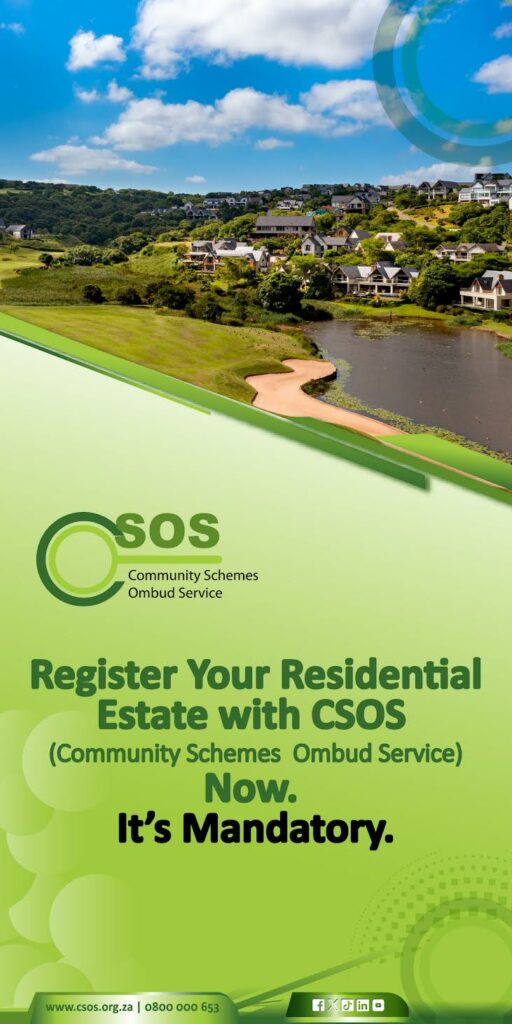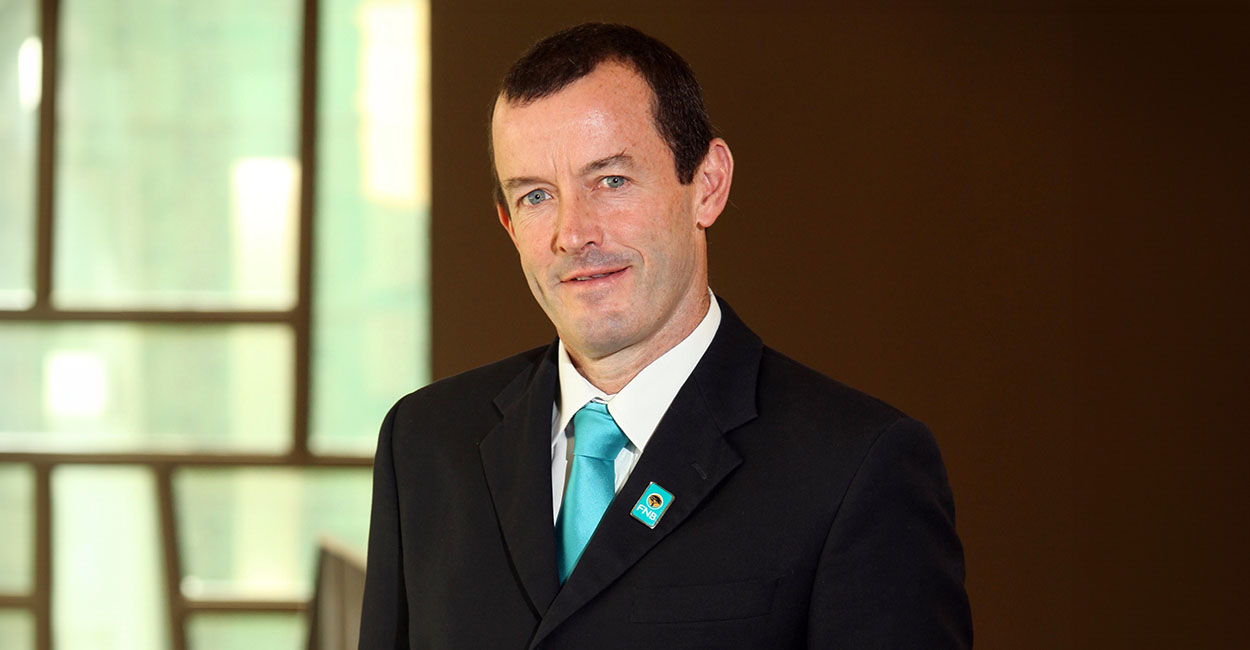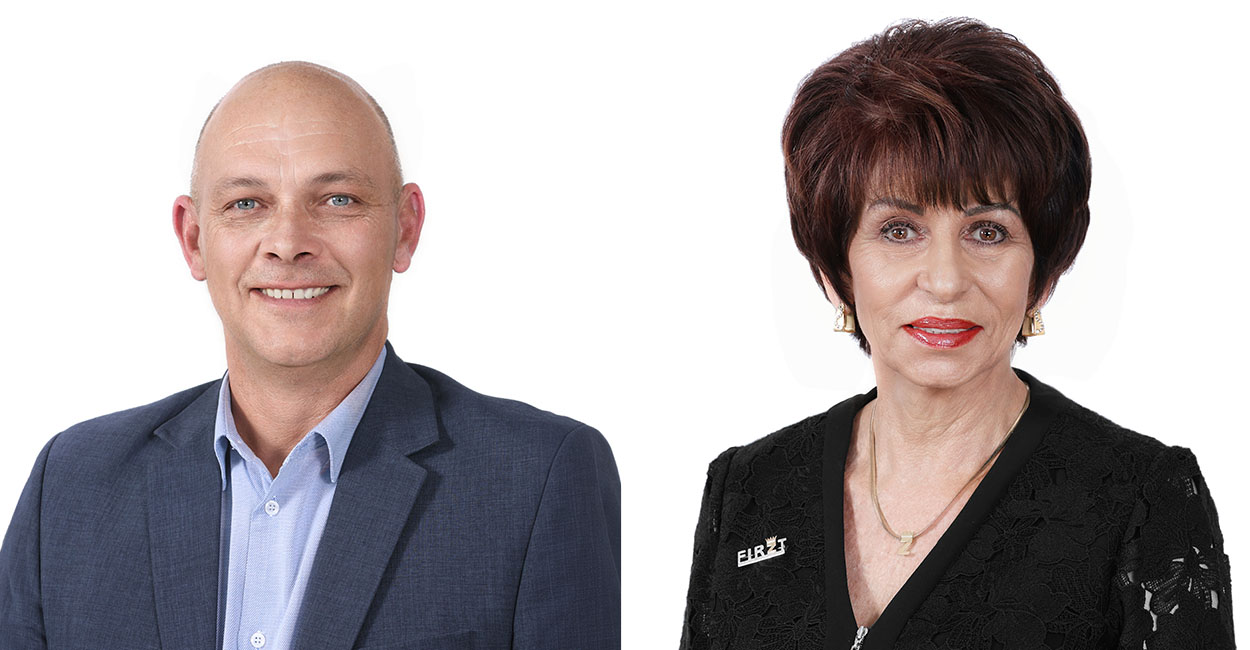MAIN IMAGE: Tony Clarke, MD of the Rawson Property Group, Nontuthuzelo Ntshebetu, NPPC CEO, Adrian Goslett, regional director and CEO of RE/MAX of Southern Africa, Yael Geffen, Lew Geffen Sotheby’s International Realty CEO, Myles Wakefield, CEO of Wakefields Estate Agents, Samuel Seeff, chairman of the Seeff Property Group
Editor
It’s an election year with all the pressures accompanying it. Many wondered how President Ramaphosa would make the most of his State of the Nation address. Reactions are varied, from those calling it an outright election speech to those who expressed cautious optimism and, on the other end of the spectrum, complete indifference.
We ask several property industry leaders for their take on SONA and what they hope to hear in the upcoming Budget Speech on the 21st of February.
Tony Clarke, MD of the Rawson Property Group:
From a property perspective, we were hoping for the president to shed more light on housing in general, affordable housing and property ownership in particular – looking ahead instead of looking to the past. But we look forward to this being addressed more constructively in the budget speech later this month, and we’re hopeful that it will include considerations such as increasing the transfer duty threshold, thereby stimulating the property market and giving more people access to home ownership.
With Eskom’s plight in stark focus, President Ramaphosa’s plan to increase grid capacity through renewable energy, amongst other sources, was understandably well received. This will hopefully not only help alleviate load-shedding woes but could help stabilise our embattled economy; progress on this front should also renew investor confidence, indirectly boosting property market activity. In addition, this will offer opportunities for homeowners to embrace eco-friendly solutions and add tangible value to their properties at the same time.
Nontuthuzelo Ntshebetu, NPPC CEO:
SONA 24 was light on the details and heavy on painting the last 30 years of democracy in the rosiest tint possible, pointing out that life expectancy has increased from 54 years in 2003 to 65 years in 2023, that nine out of ten people now live in formal dwellings, HIV infections have declined, and the matric pass rate is at 82.9%.
So, too, was Ramaphosa’s view of loadshedding, with the President stating, “…We are confident that the worst is behind us and the end of load shedding is finally within reach…”.
The picture on the ground, however, is far less optimistic, with economically crippling load shedding (which ironically escalated to Stage 3 as the SONA address ended), one of the highest unemployment rates in the world, rampant corruption, and a long list of failing municipalities.
“Too many municipalities are failing on governance, financial and service delivery measures. These constraints affect every aspect of people’s daily lives”, Ramaphosa said.
For the year 2021-2022, only 38 out of 257 municipalities achieved clean audits, and the reasons are clear – from basic mismanagement to corruption, non-payment, and the rampant, generally ineffective use of expensive consultants – the bulk of South Africa’s municipalities are failing in their constitutional duty to provide essential services. This lack of service delivery is a key driver of the semigration trend we’re currently experiencing as those who can vote with their feet.
Ramaphosa did indicate that measures were being taken to rectify the situation. “We have started the implementation of several measures to address this problem by providing support to local government, including professionalising the civil service and ensuring that people with the right skills are appointed to key positions. The Presidency, National Treasury and COGTA are working together to enhance technical capacity in local government and to improve planning, coordination and fiscal oversight”.
One could be forgiven for asking why the government has only started the implementation of measures to address this problem 30 years into democracy and note that, yet again, the details on what will be done, how it will be done, and, importantly, when it will be done are lacking.
As the NPPC, we hope to see many more course corrections and clear steps outlined in the upcoming Budget Speech.
Adrian Goslett, regional director and CEO of RE/MAX of Southern Africa:
While some promising statements were made regarding job creation and an end to load shedding and corruption, it remains to be seen if any actionable difference will be made within these areas. That being said, it is an election year, which means the ruling party will likely want to put their best foot forward before the voters hit the polls.
In terms of what the SONA might mean for the local property market, I guess it depends on how quickly we can see job creation take place and load shedding come to an end, as these would have the most noticeable impact on our economic growth and, in turn, how the property market will perform.
Yael Geffen, Lew Geffen Sotheby’s International Realty CEO:
Everything Ramaphosa promised to fix this year is the same critical issues he promised to address in last year’s SONA and the one before. In fact, if the Presidency had replayed last year’s speech on February 8th this year, I don’t think anyone would have noticed.
Last year, property transactions dropped by 100,000 compared to 2022 figures, and a huge percentage of those sales were financially motivated.
It’s a no-brainer to sell up and get out from under a debt load if it’s become crippling to a household and could result in bankruptcy or home repossession, but at the same time, sliding off the property ladder is just as much of a long-term setback from which many won’t recover.
This year’s SONA – with its excess of promises and shortage of tangible solutions – reinforces the fact that South Africa’s economic salvation lies in the hands of its people.
The president was right in saying that we should remember that it’s up to us – not anyone else – to determine the future of South Africa. I say, challenge accepted.
Myles Wakefield, CEO of Wakefields Estate Agents:
PRESIDENT Cyril Ramaphosa’s 2024 State of the Nation Address was heavy on electioneering and light on details about how the governing party will tackle the critical issues facing the country.
The speech basked in the glory of the African National Congress’s (ANC’s) achievements during the Nelson Mandela and Thabo Mbeki eras 15 to 30 years ago rather than on resolving corruption, infrastructure failures, including roads and rail networks and Eskom with its rolling blackouts.
SONA should tackle national problems and achievements; it should be about what South Africa is doing as a country and not about party issues and politics. Ramaphosa’s speech was the other way around.
This jaundiced viewpoint results from rife municipal failings affecting the property market. The government is placing insufficient focus on its inability to deliver and maintain services like roads, water and electricity.
Parts of the KwaZulu-Natal North Coast have not had water for months, affecting people’s livelihoods. I question whether anything positive can be taken from the Sona speech if you are not an ANC member of parliament hoping to retain your seat after this year’s elections.
Samuel Seeff, chairman of the Seeff Property Group:
SONA 2024 was largely as expected. There is little encouragement to take from SONA; it seemed a little tired and uninspired. The most important message to President Ramaphosa and the government must surely be that there is no longer time to waste on indecision or plans about what needs to be done.
Global markets are starting to turn, and our economy and country need an injection of energy and enthusiasm. Plans now need to become visible actions. Interest rate cuts and other incentives aimed at stimulating growth should be prioritised for the economy and property market.
We certainly hope there will be more enthusiasm and concrete measures from Budget 2024/5 to put the economy back on a growth path.








